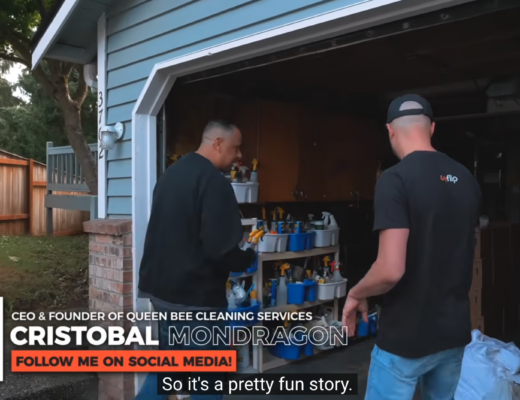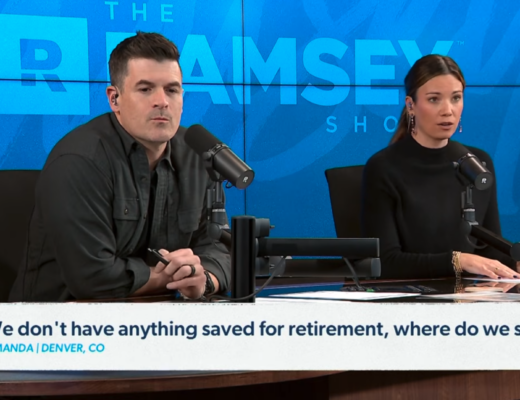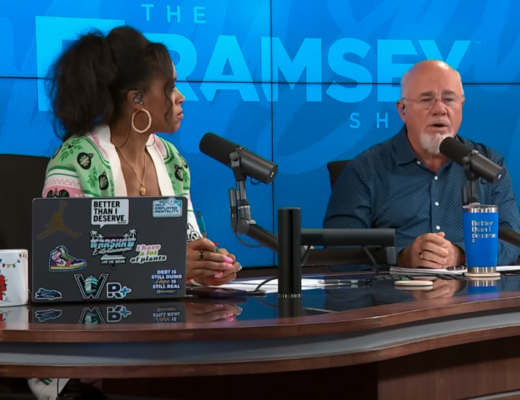The Psychology of Financial Avoidance
Ryan’s case exemplifies what I call the “pain avoidance trap.” We often become so emotionally attached to our possessions and lifestyle that we’d rather remain in financial bondage than make temporary sacrifices. Ryan kept mentioning his foot injury and time on workers’ compensation as justification for his situation, but as Dave pointedly observed, “the world keeps moving” regardless of our personal circumstances.
The math in Ryan’s situation was actually quite simple:
- Selling his $1.1 million house would immediately eliminate his $767,000 mortgage and provide enough to clear his $180,000 debt with money left for moving expenses
- Alternatively, living extremely frugally and applying $140,000 annually toward debt would free him in about 1.5 years
- Selling his $34,000 car would immediately reduce his debt burden, even if he had to come up with the difference on the upside-down loan
Yet Ryan had only managed to pay off about $3,000 in debt over four weeks—a pace that would take years to resolve his situation. As Dave calculated, that’s only about $36,000 annually out of his $180,000+ income. Clearly, there is not enough sacrifice to match the urgency of his financial crisis.
The Freedom Formula Is Simple But Not Easy
What I’ve learned from studying Dave Ramsey’s approach is that the formula for financial freedom is actually quite straightforward: the faster and deeper you cut into your debt, the quicker you’ll get out. This means making radical lifestyle changes that most people aren’t willing to make.
For someone in Ryan’s position, this would mean:
- Stopping all retirement contributions temporarily
- Adjusting tax withholding to maximize take-home pay
- Eliminating all non-essential spending
- Selling assets that are keeping him financially imprisoned
- Applying every possible dollar to debt elimination
The reality is that getting financially well is going to hurt, but not getting well will hurt far more in the long run. This is the crucial insight that Ryan and so many others miss.
When You’re Ready, You’ll Know
Dave’s comment that “When you get to hurting enough, you’re gonna figure this out, but you’re not hurting enough yet” resonated deeply with me. Financial change rarely happens until the pain of staying the same exceeds the pain of change.
I’ve seen this pattern repeatedly. People come seeking advice but reject solutions that require significant sacrifice. They want financial freedom without the difficult journey to get there. But as Dave and his co-host emphasized, both of them had made these exact sacrifices themselves to achieve financial freedom.
The most powerful moment came when Dave said, “I want you to be free, but I want you to be free more than you want to be free right this second because you’re not willing to cut loose some stuff to get free.”
This is the heart of the matter. Financial freedom requires us to value our future liberty more than our present comforts. It means making decisions today that our future selves will thank us for, even when those decisions are painful.
Ryan’s story serves as both a warning and an opportunity for reflection. Are we willing to make temporary sacrifices for lasting freedom? Or will we continue to rationalize our financial choices while remaining enslaved to debt?
The path to financial peace isn’t complicated—it’s just tricky. And that difficulty is precisely what makes it worthwhile.
Frequently Asked Questions
Q: Is it really necessary to sell major assets like a house to get out of debt?
Not always, but when your debt equals your annual income, as in Ryan’s case, drastic measures often provide the fastest path to freedom. The emotional attachment to possessions is what keeps many people financially trapped. Sometimes, selling a house, downsizing temporarily, and rebuilding once you’re debt-free is the most efficient solution.
Q: What if I’m upside down on my car loan like Ryan was?
Being upside down on a car loan is a common obstacle, but it shouldn’t prevent you from making the right financial decision. You may need to save up the difference between what you owe and what the car is worth, or look into selling it privately rather than trading it in. The temporary pain of covering that gap is worth the long-term benefit of eliminating the debt.
Q: How much of my income should I be putting toward debt payoff?
Dave Ramsey’s approach suggests being as aggressive as possible. In Ryan’s case, paying off only $3,000 per month on a $180,000+ income wasn’t nearly enough. A genuine debt emergency requires directing as much as 50-70% of your take-home pay toward debt elimination. This means living well below your means temporarily—what Dave calls “living on beans and rice.”
Q: Should I really stop retirement contributions while paying off debt?
For high-interest consumer debt, yes. While it may seem counterintuitive to pause retirement savings, the mathematical and psychological benefits of focusing all your financial energy on debt elimination typically outweigh the temporary pause in investing. Once you’re debt-free, you can resume retirement contributions with even greater intensity because you’ll have freed up your income.







